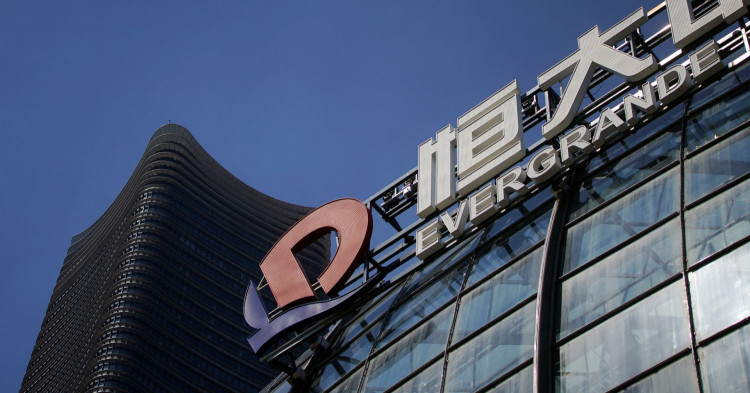China Evergrande's latest attempt to address its mounting debt crisis involves a proposal for offshore bondholders: convert their debt into nearly a 30% equity stake in each of the developer's two Hong Kong-listed subsidiaries. However, the embattled property firm's proposition is meeting skepticism, as it grapples to prevent a potential liquidation.
According to insiders, Evergrande's offshore bondholders, holding approximately $19 billion of debt, are poised to face significant losses on their investments if they accept the terms of this new deal. The bonds, which recently traded around 2.25 cents on the dollar, leave bondholders calculating potential recoveries from this restructured proposition against other alternatives, including the possibility of liquidation.
Amidst the pressures, the shares of the two subsidiaries, Evergrande Property Services Group and Evergrande New Energy Vehicle Group (NEV), have plummeted by over 80% this year. With a combined market value hovering around $1.15 billion, the intricate deal would entail bondholders receiving shares from these units, necessitating approval from Chinese regulators.
The recrafted plan emerged after Evergrande's prior debt restructuring strategy veered off-track. The abrupt shift was attributed to Evergrande's billionaire founder, Hui Ka Yan, being put under the microscope in late September over allegations of criminal activities.
Regulatory scrutiny intensified for Evergrande. The developer faced restrictions on issuing new dollar bonds, essential to its initial restructuring plan. Moreover, its flagship mainland unit drew attention from regulators.
Notably, this fresh strategy isn't solely an Evergrande initiative. It's driven by a work committee under the southern Guangdong provincial government. This committee has been guiding Evergrande's restructuring efforts since 2021, post the developer's debt default.
For Evergrande, the clock is ticking. A Hong Kong court recently mandated the firm to solidify a debt restructuring blueprint before a pivotal liquidation hearing on December 4th. This date could determine whether the real estate behemoth faces winding up.
While Evergrande's primary plan, which had won support from a vital bondholder group, encompassed options that included equity-linked instruments anchored by both Evergrande and its two Hong Kong-listed subsidiaries, it didn't demand direct haircuts. Bondholders could either swap their holdings for new notes with tenures spanning 10 to 12 years or morph them into varying combinations of new notes and equity-linked instruments.
However, the chief hurdle for Evergrande remains. Convincing both the creditors and shareholders of its two Hong Kong-listed subsidiaries that embracing this fresh proposal is a prudent move. Many industry insiders opine that it's a tall order, especially since a pivotal creditor group, labeled as Class C by Evergrande, had previously rejected the old proposal, demanding superior terms.
Evergrande's quandary has broader implications. As the world's most indebted property developer, its fate is being closely monitored. Evergrande's liquidity struggles have become emblematic of a broader debt predicament that has overshadowed China's property sector.





